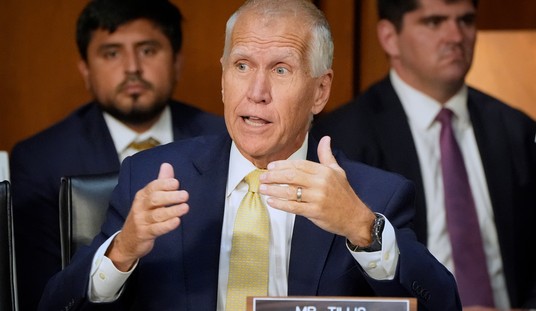In honor of Alex Jones’ recent reinstatement to Twitter/X — claiming, as I have heard him and others do on many occasions, that the “left” vs “right” paradigm is somewhat obsolete — I think it’s a worthwhile question to explore.
Here’s what Elon Musk had to say a couple of days ago on the matter in a Twitter/X Space session featuring Vivek Ramaswamy, Alex Jones, Andrew Tate, and other high-profile figures on what can be broadly considered the “right”:
This right-left is the wrong way to think about it. It’s the sort of, extinctionists vs. the pro-humans. And once you see that it’s extinctionists vs. the pro-humans, then it become very clear.
🚨🚨LIVE WITH ALEX JONES, ELON MUSK, ANDREW TATE AND VIVEK RAMASWAMYhttps://t.co/iTZYmfO1lq
— Mario Nawfal (@MarioNawfal) December 10, 2023
What Elon means is: the true dichotomy in the modern context is Bill Gates vs. the continent of Africa. It’s Klaus Schwab vs. U.S. Flyover Country. It’s EU bureaucrats hellbent on destroying Western civilization via farming shutdowns for “climate change” and mass immigration vs. the natives of Ireland. It’s social engineers pushing chemical castration vs. children. It’s Pfizer vs. people.
Related: Undercover Video Exposes Pornhub’s Child-Grooming Strategy
The “extinctionists” vs. “pro-humanists” semantical distinction might be a little reductionist itself, but perhaps no more so than “left” vs. “right.”
Where does the left-right binary emanate from, anyway? We often use these terms — myself included — flippantly as shorthand without ever considering what they meant to begin with.
Via Britannica (emphasis added):
The origin of the left/right political axis is generally dated to 1789, when the French National Assembly met in Versailles. During the several days of this meeting, the legislators who upheld revolutionary values tended to group themselves on the left of the assembly, while those who supported the monarchy were grouped on the right*. This helped establish a persistent association between the left and revolutionary values, which tended toward egalitarianism, and between the right and traditionalist or hierarchical values.
*If we’re applying the standards by which the original dichotomy was created, given that the American colonists fought a literal war against the British Crown and the concept of divine right of rule in general, would they have been considered “leftists”? Most people would decline to apply that term to them.
It's important to note that the left-right paradigm developed many decades before the advent of Marxism/communism, which is often used as interchangeably with the “left.”
On the other hand, nationalism and cultural conservatism existed many thousands of years before the French Revolution-era left-right paradigm did.
Given these nuances, it rapidly becomes clear the semantical difficulties that the “left”/”right” paradigm presents to actually describing political reality.
People will often get bogged down in debates over historical figures and movements whether they were on the “left” or the right” — most notably, perhaps, Adolf Hitler and the Third Reich. Was Nazism a leftist or a rightist ideology? Well, the term for the (nominal) ideology of the Reich — “national socialism” — would seem to indicate from the start that it was a bit schizophrenic if we’re forced to try to box it into the left-right paradigm. I would argue that it had elements of both that horse-shoed into genocidal totalitarianism.
Is the Inner Party of 1984, to use a fictitious example, of the right or left? It’s mostly an academic debate, it would seem.
Reality is complicated. Trying to use a two-dimensional sliding scale like “right” vs. “left” to describe complex sociopolitical ideologies and their instantiation in practice is about as simplistic as it could possibly get.
Sex is binary; politics, like most things in life, especially those with a social element, is not.









